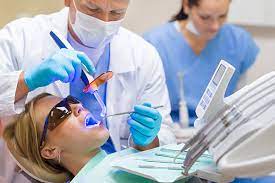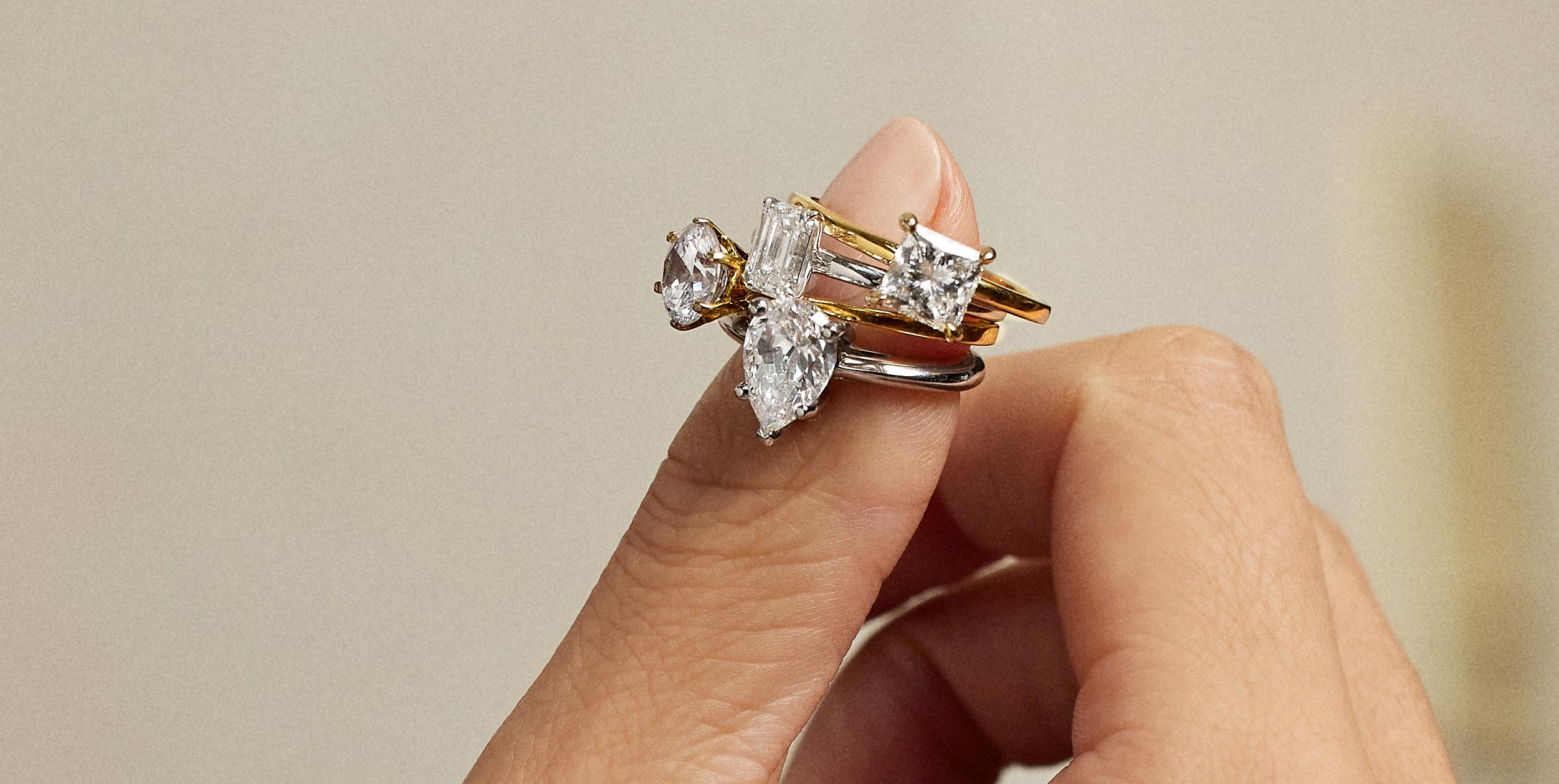Cavities are one of the most common dental health issues. They can cause a lot of pain and require costly trips to the dentist. Fortunately, there are several simple steps you can take to keep your teeth healthy and avoid getting cavities. In this blog post, we’ll discuss the top 7 tips for avoiding cavities and maintaining a healthy smile. With these tips, you’ll be able to keep your teeth strong and keep visits to the dentist to a minimum. So let’s get started and learn how to say goodbye to cavities!
1) Why preventing cavities is important
Taking steps to prevent cavities is crucial for maintaining optimal oral health. Cavities, also known as dental caries, are caused by the erosion of tooth enamel due to the presence of plaque, a sticky film of bacteria that forms on teeth. If left untreated, cavities can lead to severe tooth decay, gum disease, and even tooth loss.
Preventing cavities is important for several reasons. Firstly, cavities can be extremely painful. The decay process can cause sensitivity to hot and cold temperatures, sharp pains when chewing, and general discomfort. By avoiding cavities, you can prevent unnecessary pain and discomfort.
Secondly, treating cavities can be costly. Fillings, root canals, and other dental procedures can quickly add up, resulting in hefty bills. By taking preventive measures, you can save yourself from the financial burden of extensive dental treatments.
Moreover, cavities can impact your overall oral health. When a tooth decays, it can lead to infection and damage to neighboring teeth and tissues. This can compromise the stability of your entire mouth, leading to additional oral health issues in the long run.
Lastly, maintaining a cavity-free mouth allows you to enjoy a healthy and confident smile. Teeth that are free of decay are more aesthetically pleasing, and you can confidently display your pearly whites without any concerns.
2) Brush twice a day
Brushing your teeth twice a day is one of the most essential habits for maintaining a healthy smile and avoiding cavities. When you brush, you remove the plaque and food particles that can lead to tooth decay and cavities. But it’s not just about the act of brushing – it’s also important to brush correctly and use the right tools.
To effectively brush your teeth, start by choosing a soft-bristled toothbrush that fits comfortably in your hand. Apply a pea-sized amount of fluoride toothpaste to the brush and position it at a 45-degree angle to your gums. Using gentle, circular motions, brush the outer surfaces, inner surfaces, and chewing surfaces of each tooth. Don’t forget to brush your tongue to remove bacteria and freshen your breath.
Make sure to brush for a full two minutes each time. Set a timer or use a toothbrush with a built-in timer to help you keep track. Remember to replace your toothbrush every three to four months or sooner if the bristles become frayed.
Brushing your teeth twice a day, once in the morning and once before bed, helps remove plaque buildup and prevents cavities from forming. It also promotes fresh breath and leaves you with a clean and healthy mouth.
So, don’t forget to make brushing twice a day a non-negotiable part of your dental routine. Your teeth will thank you!
3) Floss daily
Flossing is often overlooked, but it plays a crucial role in maintaining good oral health and preventing cavities. While brushing your teeth removes plaque and food particles from the surfaces of your teeth, it doesn’t reach the tight spaces between your teeth. This is where flossing comes in.
Flossing allows you to remove plaque and food debris from these hard-to-reach areas, preventing the buildup of bacteria that can lead to cavities. By flossing daily, you can effectively clean the areas that your toothbrush can’t reach, ensuring that your teeth and gums stay healthy.
To floss properly, start by using about 18 inches of floss. Wrap the ends around your middle fingers, leaving about 2 inches of floss between your hands. Gently guide the floss between your teeth, using a back-and-forth motion. Curve the floss into a C-shape around each tooth and carefully move it up and down to remove plaque and debris. Be sure to floss both sides of every tooth, including the back molars.
If you find traditional floss difficult to use, consider using floss picks or water flossers, which can make the process easier and more convenient.
Remember, flossing should be a part of your daily oral hygiene routine, along with brushing. By flossing daily, you’ll significantly reduce your risk of cavities and maintain a healthy smile. So don’t forget to floss, your teeth will thank you!
4) Limit sugary foods and drinks
We all love indulging in sugary treats from time to time, but it’s important to remember that excessive consumption of sugary foods and drinks can contribute to the development of cavities. When you consume sugary foods and drinks, the bacteria in your mouth feed on the sugars and produce acid as a byproduct. This acid attacks your tooth enamel and can lead to the formation of cavities over time.
To keep your teeth healthy and cavity-free, it’s crucial to limit your intake of sugary foods and drinks. Opt for healthier alternatives like fruits, vegetables, and whole grains instead of reaching for that candy bar or sugary soda. When you do indulge in sweets, try to enjoy them in moderation and follow up with a thorough brushing and flossing session to remove any lingering sugars.
It’s also important to be mindful of hidden sugars in processed foods and beverages. Many packaged snacks, cereals, and even savory condiments contain added sugars that can be detrimental to your dental health. Take the time to read labels and choose products with lower sugar content whenever possible.
By reducing your consumption of sugary foods and drinks, you can significantly lower your risk of developing cavities. Remember, moderation is key, and making small changes to your diet can have a big impact on your oral health. So next time you’re craving something sweet, opt for a healthier alternative and take a step towards maintaining a cavity-free smile.
5) Use fluoride toothpaste and mouthwash
Fluoride is a powerful tool in the fight against cavities. It is a mineral that helps strengthen tooth enamel and makes it more resistant to acid attacks from plaque and sugars. When you use fluoride toothpaste and mouthwash regularly, you are giving your teeth an extra layer of protection against cavities.
When choosing a toothpaste, look for one that contains fluoride. This will ensure that you are getting the maximum benefit from your brushing routine. Apply a pea-sized amount of fluoride toothpaste to your toothbrush and brush your teeth thoroughly for two minutes, making sure to reach all surfaces of your teeth.
In addition to brushing, using a fluoride mouthwash can further enhance your oral health. After brushing, rinse your mouth with a fluoride mouthwash for 30 seconds to one minute. This allows the fluoride to coat your teeth and provide extra protection throughout the day.
Using fluoride toothpaste and mouthwash is particularly important for children, as their developing teeth can greatly benefit from the extra protection. Encourage your kids to use fluoride products and supervise them to ensure they are using them correctly.
By incorporating fluoride toothpaste and mouthwash into your daily oral hygiene routine, you are taking an active step in preventing cavities and maintaining a healthy smile. So don’t forget to include these fluoride-based products in your dental care arsenal and give your teeth the added defense they need to stay cavity-free.
6) Visit your dentist regularly
Regular visits to the dentist are an essential part of maintaining good oral health and preventing cavities. While brushing and flossing are crucial habits to practice at home, there are some things that only a dental professional can do. By scheduling regular check-ups with your dentist, you can catch any potential issues early on and prevent them from turning into bigger problems.
During a dental visit, your dentist will thoroughly examine your teeth and gums, checking for any signs of cavities or gum disease. They will also perform a professional cleaning, removing any plaque or tartar buildup that can contribute to cavities. Additionally, your dentist may take x-rays to get a more detailed view of your teeth and identify any hidden issues.
Regular dental visits not only help prevent cavities, but they also provide an opportunity for your dentist to educate you on proper oral hygiene techniques and answer any questions or concerns you may have. Your dentist can also offer personalized advice based on your unique dental needs.
Don’t wait until you have a toothache or noticeable dental issue to visit your dentist. Make it a priority to schedule regular check-ups, typically recommended every six months. By doing so, you’ll stay on top of your oral health and ensure that any potential cavities are caught early and treated before they become more serious. So make that call and book your next dental appointment – your teeth will thank you!
7) Consider dental sealants
Consider dental sealants as an additional step in your cavity prevention routine. Dental sealants are thin, protective coatings that are applied to the chewing surfaces of your back teeth (molars and premolars). These surfaces are more susceptible to cavities because they have deep grooves and pits that can trap food particles and make it harder to clean effectively.
By applying dental sealants, your dentist creates a barrier that protects these vulnerable areas from bacteria and acids. The process is quick and painless, usually taking only a few minutes per tooth. First, your dentist will thoroughly clean and dry the tooth surface. Then, they will apply the sealant material, which is typically a liquid resin that hardens into a thin, plastic coating.
Dental sealants are especially beneficial for children and teenagers who may have difficulty maintaining proper oral hygiene habits. However, adults can also benefit from sealants, especially if they have deep grooves or a history of cavities in their back teeth.
Sealants can last for several years, but they may need to be reapplied or touched up periodically. Your dentist will monitor the condition of the sealants during your regular check-ups and make recommendations accordingly.
By considering dental sealants, you can provide an extra layer of protection for your teeth, reducing the risk of cavities and preserving your oral health. Talk to your dentist to see if sealants are a good option for you or your family members, and take proactive steps to keep your teeth cavity-free. If you need a dentist in the bay area for a cavity, check out Los Gatos Dentist Dr. Scott Prawat.
Post Views: 53







